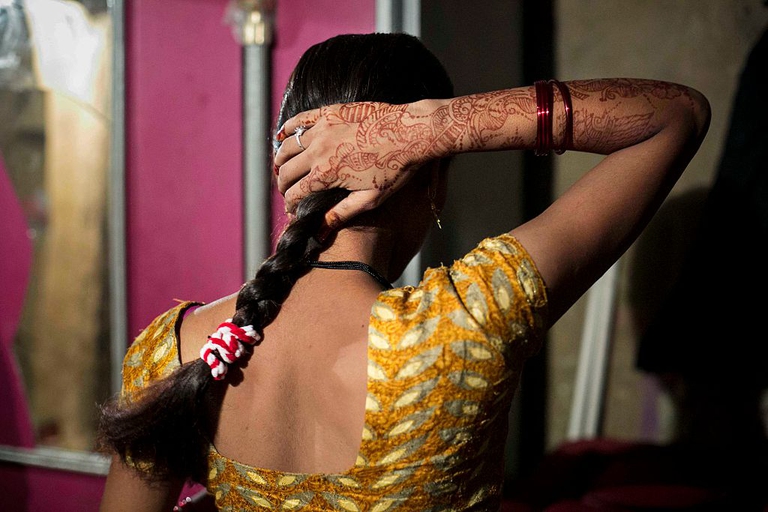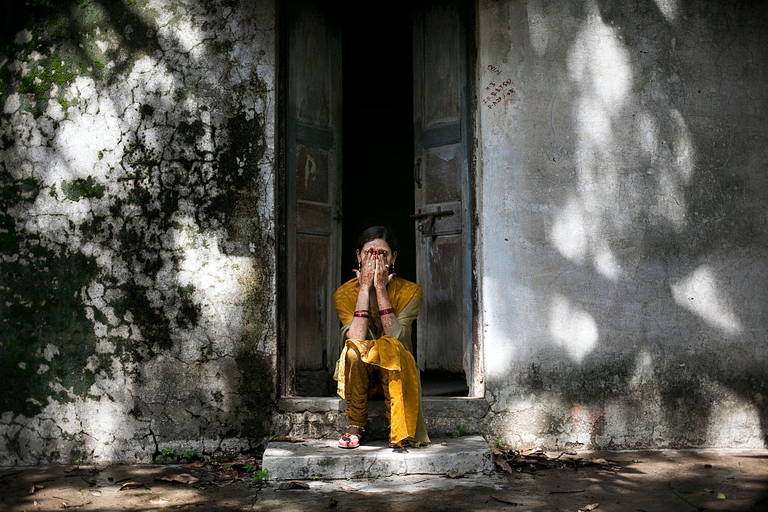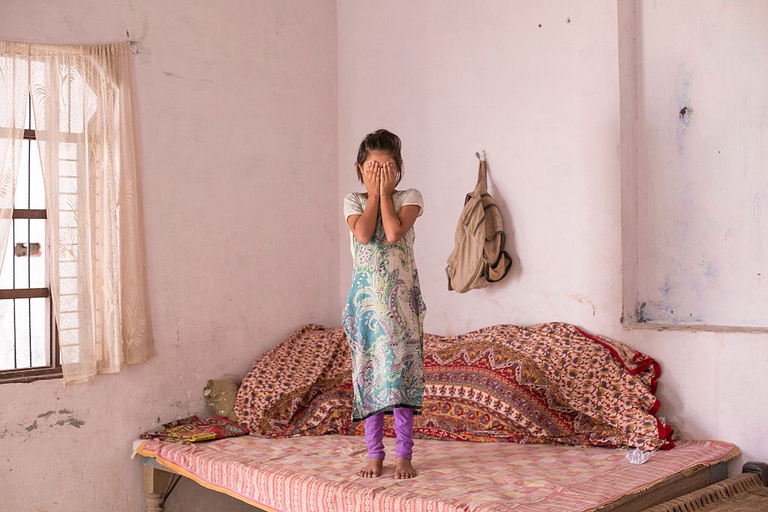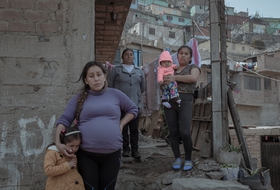
One in three women have suffered physical or sexual violence. With contributions from Europe, Africa, Asia and Latin America, we look at how this shadow pandemic affects every corner of the world.
India’s Supreme Court has ruled against sex with an underage bride, establishing that sexual intercourse within a marriage where the spouse is younger than 18 constitutes rape. According to Indian law, the minimum age for consensual sex in India is 18. However, until the ruling was made on the 11th of October – coinciding with the International Day of the
India’s Supreme Court has ruled against sex with an underage bride, establishing that sexual intercourse within a marriage where the spouse is younger than 18 constitutes rape. According to Indian law, the minimum age for consensual sex in India is 18. However, until the ruling was made on the 11th of October – coinciding with the International Day of the Girl Child – there was an exception to this rule whereby if the couple was married, intercourse was legal with girls as young as 15.
Read more: India, ending child marriage by making young girls the agents of change
Reversing the exception, the Court stated that, “sexual intercourse with a girl below 18 years of age is rape regardless of whether she is married or not. The exception (…) creates an unnecessary and artificial distinction between a married girl child and an unmarried girl child and has no rational nexus with any unclear objective sought to be achieved. The artificial distinction is arbitrary and discriminatory and is definitely not in the best interest of the girl child”.
The Court also highlighted that society’s acceptance of underage marital sex only serves as an incentive to marry off children for financial benefit. As many as 30 per cent of girls in India marry before reaching the legal age. Nearly 12 million children under the age of 10 are married, according to national census data. In this sense, it is a landmark decision for the nation, as it concerns a vast part of the population.
Although the decision has been welcomed by advocates of women’s rights and child protection, many point to its shortcomings. For one thing, the ruling will be difficult to enforce, considering there are currently no mechanisms to support young girls to report abuse and families are frequently unwilling to put an end to abusive situations. Secondly, the ruling fails to address the issue of rape in marriage from a broader perspective. In India, in fact, marital rape doesn’t constitute a criminal offence.
In order to be able to bring any significant change to systemic child abuse in India, one must concede that the application of the ruling has many policy limitations. Nevertheless, it is equally important to cherish this step, as it signals that the justice system is ready to undertake the heavy burden of social reform.
Siamo anche su WhatsApp. Segui il canale ufficiale LifeGate per restare aggiornata, aggiornato sulle ultime notizie e sulle nostre attività.
![]()
Quest'opera è distribuita con Licenza Creative Commons Attribuzione - Non commerciale - Non opere derivate 4.0 Internazionale.
One in three women have suffered physical or sexual violence. With contributions from Europe, Africa, Asia and Latin America, we look at how this shadow pandemic affects every corner of the world.
The Istanbul Convention against gender-based and domestic violence marks its tenth anniversary. We look at what it is, who its signatories are, and what the future might hold.
European Commission President Ursula von der Leyen reminded us of the gravity of violence against women around the world, and of the Istanbul Convention’s utmost importance.
President Erdoğan has pulled Turkey out of the Istanbul Convention, key in the fight against gender violence, claiming that it favours the LGBT community rather than family values.
Violence against women in Peru has increased as a result of Covid-19 lockdowns. 14,912 people were reported missing from January to November 2020, more than half of them minors and 64 per cent women. People have been confined to their homes for months, many forced to endure poor physical, economic and social conditions. A situation that
Joys Estefani Qqueccaño Huamani, 24, disappeared from her rural community in Peru on 9 October. Her family began looking for her independently of the authorities and despite the resistance of relatives of Joys Estefani’s ex-partner Arturo Ccana Condori, 32, charged with committing violence against her on 28 September, eleven days before Joys Estefani disappeared. Photos
Costa Rica celebrated its first same-sex marriage when two women, Alexandra Quiros and Dunia Araya, celebrated their wedding: an “extraordinary moment”.
The pandemic and its restrictions are affecting everyone, without exceptions. However factors like housing, income inequalities, gender, access to technology and working conditions are influencing how people experience the health crisis.
Time magazine’s 100 Women of the Year project sheds light on influential women’s stories, from Amelia Earhart to Greta Thunberg. A selection of some of the greats for International Women’s Day.










